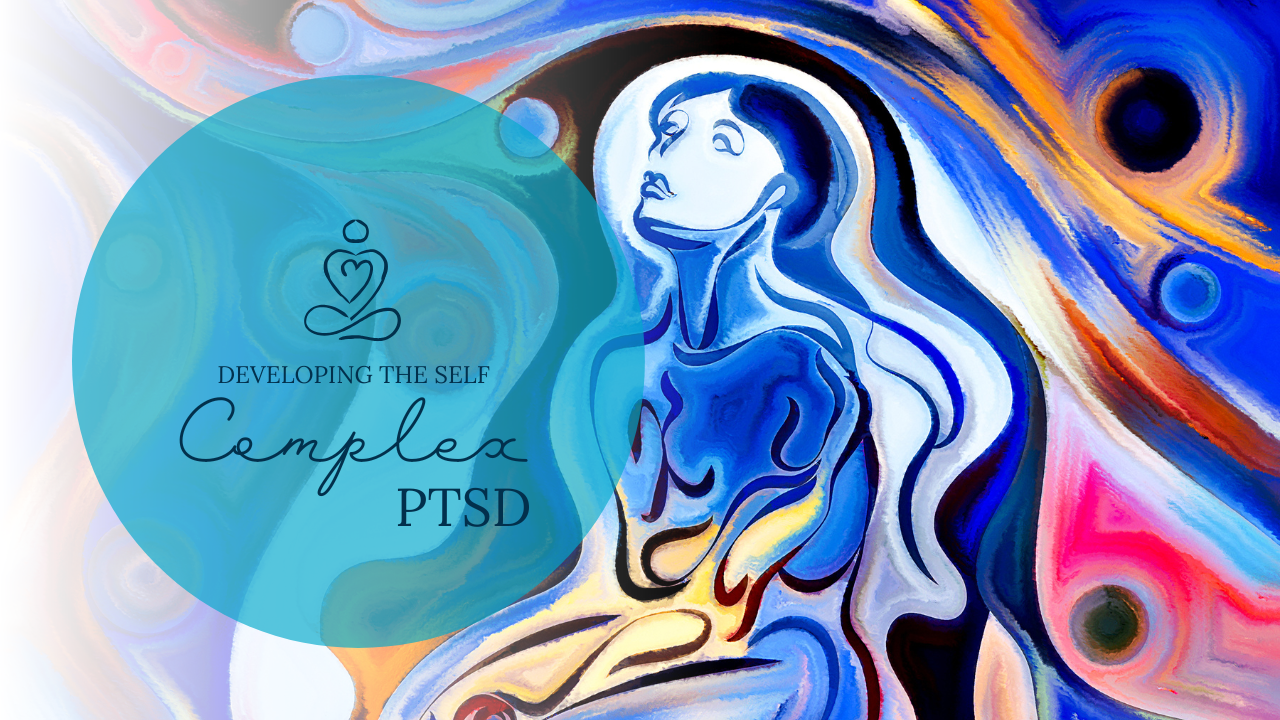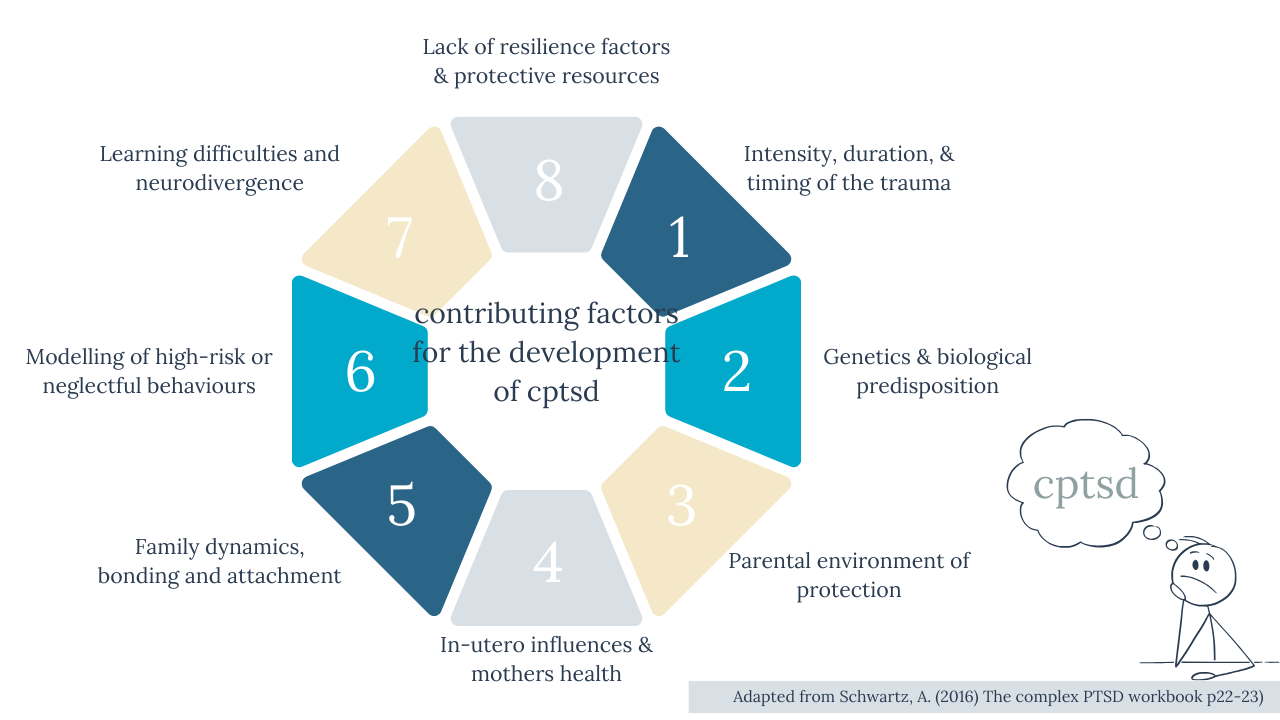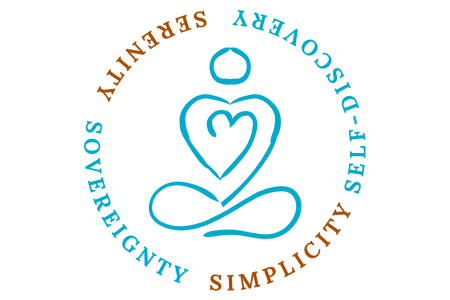
Complex Post Traumatic Stress
I am awash in the ocean, being thrown by each wave topped swell, keeping my head above water, gasping at air. To the onlooker I am swimming with strength and determination, but inside I am drowning, and outside I am drowning
Complex post-traumatic stress disorder (CPTSD) is a condition related to stress. Unlike PTSD, which usually relates to a single traumatic event or a specific duration of stress, CPTSD arises from chronic repeated or prolonged traumatic experiences “the syndrome that follows upon prolonged, repeated trauma” (Herman, 1992). Traumatic experiences can range from severe to relatively mild, where the person does not perceive any form of relief from the abuse; psychological, emotional, physical and/or financial abuse and neglect.
This could, for example occur in the face of growing up, working, or being in relationship with someone with strong narcissistic traits, where there will be a pattern of emotional and psychological manipulation, and possible physical and financial abuse. It could include repeated physical and emotional punishments, inappropriate sexual behaviour, bullying, verbal abuse, stonewalling, exclusion from social situations and many more.
CPTSD is listed in the ICD-11 but not as yet recognised in the DSM. Schwartz (2016) recognises a range of risk factors that may contribute to the development of CPTSD, this helps us to understand why two people can have a similar experience later in life, and develop quite different outcomes; she suggests, as does Gabor Mate (2022) developmental factors are key.

C-PSTD is similar to post-traumatic stress disorder (PTSD), but with some additional symptoms. It is defined by the nature of its repeated and prolonged exposure to traumatic experiences, metaphorically like a 'water dripping on stone', gradually eroding the very nature of a persons sense of personality, Herman (1992) called this a 'corrosion of the personality' where the victimisation effects are born from a lack of safety. Symptoms have historically often been misdiagnosed for personality disorders, rather than recognising a persons inability to thrive in the world is as a result of abuse. CPTSD has some significant symptoms;
- Emotional dysregulation: intense or unstable emotions, difficulty controlling emotions, and mood swings.
- Negative self-perception: feelings of shame, guilt, and worthlessness, negative self-talk, and low self-esteem.
- Difficulty forming and maintaining relationships: fear of intimacy, social withdrawal, and difficulty trusting others.
- Feelings of isolation: feeling detached from others, feeling alone, and difficulty connecting with others.
- Hyper-vigilance: feeling constantly on guard, easily startled, and constantly scanning for danger.
- Avoidance: avoiding people, places, or things that remind them of the traumatic event or events.
- Intrusive thoughts: recurrent and distressing thoughts, memories, or nightmares about the traumatic event or events.
- Dissociation: feeling disconnected from one's body, emotions, or surroundings.
- Health issues: digestive, sleep and autoimmune disturbances, addictions, cravings and blood-pressure issues

Treatment approaches are multifaceted and evolving, with an increasing emphasis on integrating various therapeutic modalities to address the complex needs of those affected by CPTSD; mind-body approaches including somatic healing and yoga, combined with psychotherapy, EMDR, and parts work from Internal Family Systems (IFS) help to repair, restore emotional regulation, and work towards post-traumatic growth and thriving.
References:
Herman, J.L. (1992) Trauma and recovery: The Aftermath of Violence. New York, NY: Basic Books
Maté, G. (2022) The myth of normal - Trauma, illness and healing in toxic culture. London, UK: Penguin, Random House .
Schwartz, A. (2016) The complex PTSD workbook: A mind-body approach to regaining emotional control and becoming whole. Berkeley, CA: Althea Press.
van der Kolk , B. (2015) The Body Keeps the Score: Brain, Mind, and Body in the Healing of Trauma . London, UK: Penguin Books.
Walker, P (2013). Complex PTSD: From surviving to thriving. Azure Coyote

